Search Results
10 results for cancer
Integrating Genomics into Public Health Surveillance: Ushering in a New Era of Precision Public Health
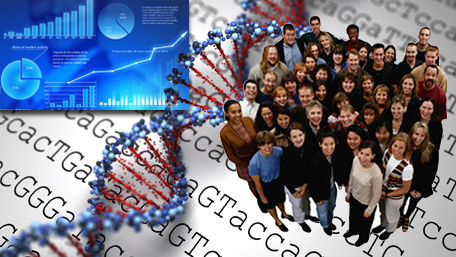
Public health surveillance has been defined as “the ongoing systematic collection, analysis, and interpretation of data, closely integrated with the dissemination of these data to the public health practitioners, clinicians, and policy makers responsible for preventing and controlling disease and injury.” Surveillance provides an essential scientific foundation for both clinical and public health practice. In
Posted on byWhole Genome Sequencing for All? The Quest for Evidence Continues

In 1999, Dr. Francis Collins predicted what the practice of genomic medicine in primary care may look like in 2010. He used a hypothetical patient named John, a 23-year-old man with high serum cholesterol. Based on his father’s history of early onset heart disease, John underwent a battery of genetic tests. He was found to
Posted on by 3 CommentsAre there any shortcuts on the translation highway to genomic medicine?
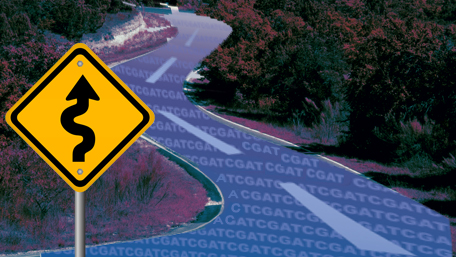
Note to our readers: A modified version of this blog post has been published in JAMA. Rapid advances in genomics have led to a new era of precision medicine, resulting in a dramatic increase in the number of genomic tests available for research and clinical practice. As of April 18, 2017, the Genetic Testing Registry,
Posted on by 1 CommentGenome Sequencing for Healthy Individuals? Think Big and Act Small!
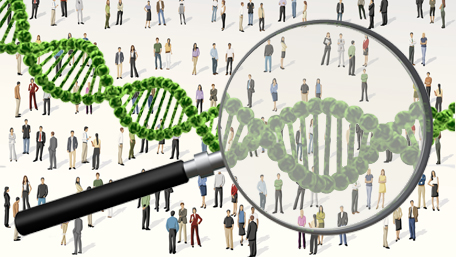
In a 2013 blog post, we asked the question: “When should we all have our genomes sequenced?” At that time, we concluded that the time is not right and that “if we want to use whole genome sequencing in the course of regular preventive care and health promotion, research should be conducted to evaluate its
Posted on byDirect to Consumer Genetic Testing: Think Before You Spit, 2017 Edition!
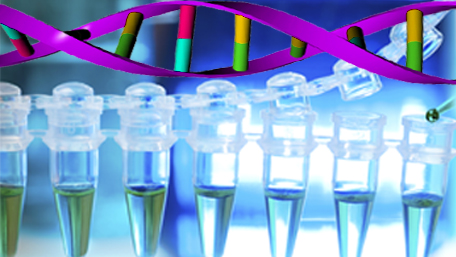
As people have become more proactive in managing their health, personal genomic direct to consumer (DTC) testing has become more popular over the past decade. These tests allow consumers to access information about genetic predispositions and response to chemicals and medications without the involvement of healthcare providers. With the expanding landscape of such testing, the
Posted on by 14 CommentsGenomics and Population Health Action: Join the Collaboration

In February 2017, I attended a one-day meeting of leaders of the Genomics and Population Health Action Collaborative (GPHAC). This group of more than 40 organizations and individuals is dedicated to the integration of genomics into clinical and public health programs to save lives and prevent disease. (Details on GPHAC and its membership can be
Posted on byYour Genes, Your Health: The Importance of Genetic Literacy and Education
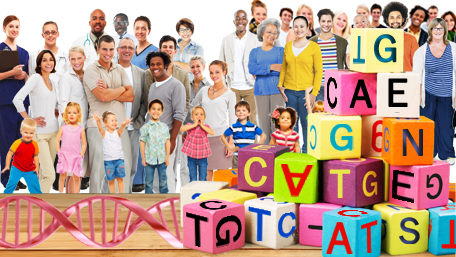
In March 2017, the National Human Genome Research Institute, in collaboration with the Foundation for the NIH and several private sector organizations, held an important strategic planning meeting in Bethesda, the Genetic Literacy, Education and Empowerment (GLEE) Initiative. Advances in genomics over the past two decades are leading to opportunities to use genomic information in
Posted on byCan we use genetic screening of healthy populations to save lives and prevent disease? Join the conversation.
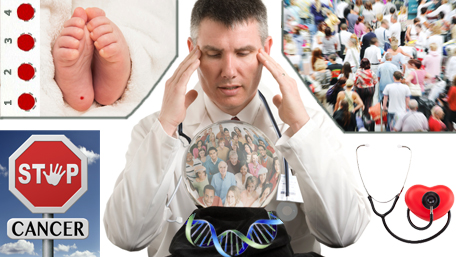
On January 30, 2017, CDC held a special workshop to discuss the role of public health in the implementation of genetic screening programs beyond the newborn period. The workshop brought together panelists from the worlds of medical genetics and public health practice, including cancer, birth defects, and laboratory science. Workshop presenters and a CDC panel discussed
Posted on by 6 Comments2016: The Year of Precision Public Health!

In our 2015 end-of-year blog post entitled: “Public health genomics 2015: Looking back, looking ahead”, we predicted that 2016 will feature a more in-depth exploration of “key concepts for the development of precision public health beyond genomics to include a variety of personal and environmental data for preventing disease and promoting health.” One year later,
Posted on by 1 CommentHappy Thanksgiving: Collect & Act on Your Family Health History

As you celebrate Thanksgiving with your family this November, remember that this special day is also National Family Health History Day. Family health history is important to your health and can help you detect unique disease risks and manage them before becoming sick, or find the right diagnosis and treatments when you have a certain
Posted on by